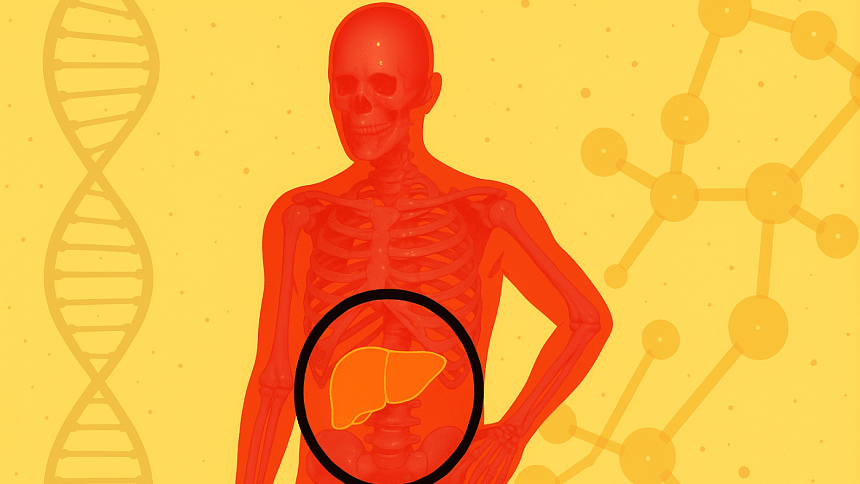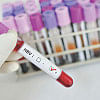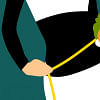How to reverse fatty liver naturally: Expert-recommended diet tips

Maintaining liver health is crucial for overall well-being, and it involves a multifaceted approach that includes nutrition, lifestyle choices, and professional guidance from doctors and dieticians. Poor dietary choices can contribute to various liver conditions or diseases, the most common being fatty liver. This can be treated or prevented by leading a modified lifestyle.
Function of the liver
Nutrition directly influences the liver's ability to perform myriad functions efficiently. It acts as a metabolic factory. No matter what food we eat, after digestion, they pass through the liver. After proper inspection, the organ processes the food into various parts.
About 85-90 per cent of the blood that leaves the stomach and intestines carries important nutrients to the liver, where the proteins are processed and broken down into amino acids, the carbohydrates into glucose molecules, and the fats into fatty acids.
The vitamins and minerals are utilised in various enzymatic chemical reactions to break down and convert the food into a utilisable form. Also, they halt the entry of bacteria and viruses into our bodies.
It serves as the body's primary detoxifier, breaking down and neutralising toxins, drugs, and alcohol. The liver stores vitamins, minerals, and sugars, releasing them when the body requires them. It also plays a role in regulating cholesterol levels.
How to manage fatty liver
The Mediterranean diet, which emphasises fruits, vegetables, whole grains, and lean proteins while limiting red meat, processed foods, and sugary drinks, is highly recommended for patients who are suffering from fatty liver. Try to eat as many fruits and vegetables as possible.
Try to split your food intake into three main meals (breakfast, lunch and dinner) and three snacks (mid-morning, mid-afternoon, and late evening). The late-evening snack is the most important, as it covers the long interval between dinner and breakfast.
There are some simple tips and tricks that we can maintain.
It is recommended to consume 4–5 meals per day; breaks between meals should not exceed 2–3 hours. The last meal should be consumed at least 3 hours before sleeping.
Meals should be consumed slowly.
It is important to finish eating when the person does not feel satiety; a signal of satiety is felt usually 15 minutes after the end of consumption.
Alcohol can be a major cause of fatty liver disease as well as other diseases related to the organ.
Avoid sugary foods like candy, cookies, sodas, and fruit juices. High blood sugar increases the amount of fat buildup in the liver. Avoid fried foods that are high in fat and calories.
Consuming too much salt can increase the risk of NAFLD. Limiting sodium intake to less than 2,300 milligrams per day is recommended. People who have high blood pressure should limit salt intake to no more than 1,500 mg per day. It may take some time to adjust, but it usually gets easier with time.
White flour is typically highly processed, and items made from it can raise our blood sugar more than whole grains due to a lack of fibre.
The author is the Chief Clinical Dietician & Head of the Department at the United Hospital. She is also the AGS at the Bangladesh Association of Nutritionist and Dieticians for Social Service.

 For all latest news, follow The Daily Star's Google News channel.
For all latest news, follow The Daily Star's Google News channel. 








Comments